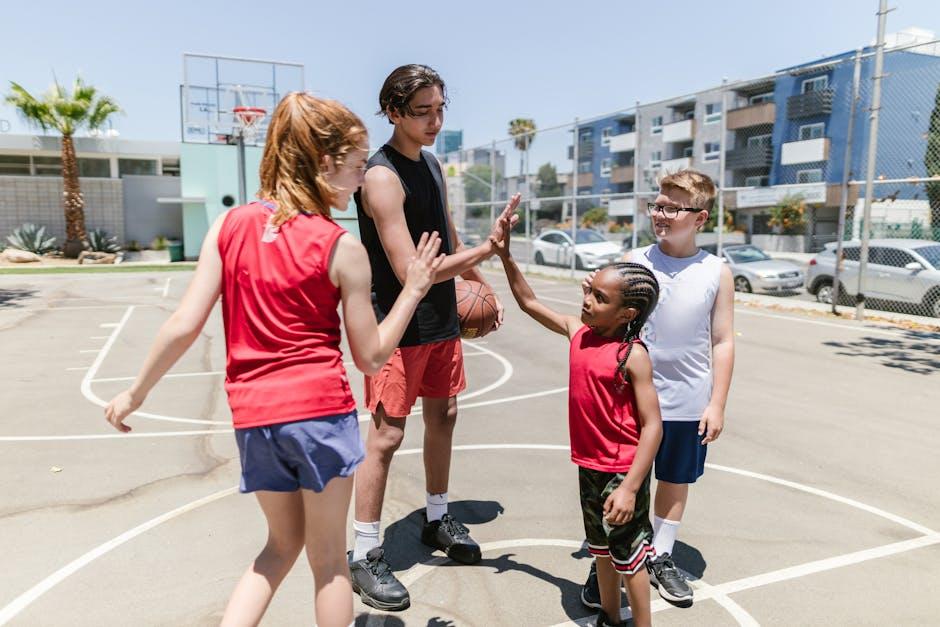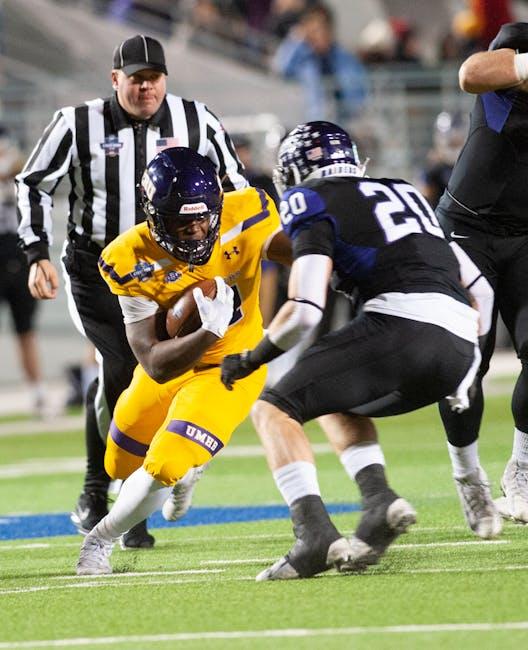In the competitive landscape of higher education, the intersection of academics and athletics has long been a topic of heated debate. As universities vie for prestige and financial gain through successful sports programs, student-athletes often find themselves at the center of a contentious issue: the academic privileges afforded to them. While these privileges are ostensibly designed to accommodate the demanding schedules of student-athletes, a closer examination reveals a complex web of benefits that may compromise academic integrity and equity. This article delves into the implications of these privileges, scrutinizing their impact on educational standards, the academic experience of non-athlete students, and the broader mission of higher education institutions. Through an analytical lens, we explore whether the balance between sports and scholarship has tipped too far in favor of athletics, challenging the very principles of meritocracy and fairness in academia.
Impact of Academic Privileges on Educational Equity for Student Athletes
Student athletes often find themselves in the unique position of juggling both rigorous academic schedules and demanding athletic commitments. While it’s essential to acknowledge the dedication required to excel in both arenas, the academic privileges afforded to them can inadvertently create disparities in educational equity. These privileges often manifest as preferential treatment in class schedules, extended deadlines, and access to exclusive tutoring services, which are not typically available to their non-athlete peers. Such advantages can skew the playing field, raising questions about fairness and the true measure of academic achievement.
Consider the broader implications of these benefits. While intended to support student athletes in balancing their dual roles, they can inadvertently foster an environment where academic rigor is compromised. This leads to a system where:
- Non-athlete students might feel marginalized or less valued.
- The integrity of academic evaluations could be questioned.
- The perception of athletes prioritizing sports over education is reinforced.
Balancing the need for support with maintaining academic integrity is crucial. Universities must strive for solutions that uphold fairness, ensuring that all students, regardless of their extracurricular commitments, have equal opportunities to succeed.

The Influence of Athletic Commitments on Academic Integrity and Standards
In the realm of higher education, student-athletes often find themselves navigating a dual path of sports and academics. However, this balancing act has led to a growing concern regarding the academic privileges they receive, which may inadvertently compromise academic integrity and standards. These privileges, often justified by the demanding schedules of collegiate sports, include but are not limited to:
- Preferential treatment in class scheduling: This allows athletes to tailor their academic commitments around practice and competition, potentially leading to less rigorous course selections.
- Access to specialized tutoring and resources: While beneficial, this can create an uneven playing field, providing advantages not available to the general student body.
- Grade leniency and extensions: Instances of leniency in grading and deadline extensions can undermine the accountability expected of all students, raising questions about the fairness of academic assessments.
Such privileges, while designed to support student-athletes, may inadvertently erode the academic standards that universities strive to uphold. By granting exceptions, institutions risk setting a precedent where athletic commitments overshadow the primary mission of education. This dynamic calls for a critical examination of how universities can better integrate athletic programs without compromising their academic values.

Balancing Sports and Studies Strategies for Fair Academic Policies
Creating a harmonious balance between sports and academics for student athletes is a pressing challenge for educational institutions. One effective strategy is to ensure equal access to academic resources for all students, irrespective of their athletic commitments. This can be achieved by implementing flexible scheduling options, allowing athletes to attend classes and complete assignments at different times without compromising their educational quality. Additionally, schools can provide tailored academic support, such as tutoring sessions that fit within the athletes’ busy schedules, ensuring they have the same opportunities for academic success as their non-athletic peers.
Furthermore, a fair academic policy should consider the following strategies to maintain equity:
- Transparent Grading Systems: Implementing a grading system that accurately reflects students’ knowledge without bias toward their extracurricular activities.
- Standardized Assessment: Utilizing standardized assessments that fairly evaluate all students’ capabilities, minimizing preferential treatment.
- Regular Review of Policies: Conducting periodic reviews of academic policies to ensure they are current and equitable, adapting to changing educational and athletic demands.
By integrating these strategies, institutions can uphold academic integrity while supporting the dual pursuits of student athletes, fostering an environment where success is measured by merit rather than privilege.

Implementing Transparent Criteria for Academic Support in Collegiate Athletics
While student athletes undeniably bring value to collegiate institutions through their athletic contributions, it is imperative to address the concerns regarding the academic privileges often extended to them. Implementing transparent criteria for academic support is crucial to ensure fairness and maintain the integrity of educational standards. Academic resources should be distributed based on clearly defined needs rather than blanket privileges, allowing all students, athletes and non-athletes alike, to thrive in their academic pursuits.
Key elements of a transparent academic support system could include:
- Objective Evaluation: Establishing a set of criteria that evaluates each student athlete’s academic needs on an individual basis.
- Equal Access: Ensuring that tutoring and academic resources are available to all students, thereby promoting a balanced academic environment.
- Regular Assessment: Implementing periodic reviews of academic support effectiveness to adjust strategies as necessary.
- Clear Communication: Maintaining open channels between academic advisors, athletic departments, and student athletes to foster transparency and trust.
By adopting these measures, colleges can uphold their commitment to academic excellence while still supporting the unique demands placed on student athletes. This balanced approach not only enhances the educational experience for all students but also reinforces the institution’s role as a bastion of learning and personal development.



